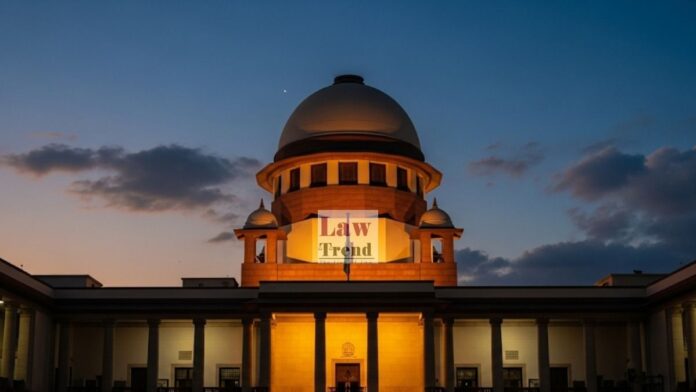The Supreme Court of India, in a significant ruling, has held that a sale of a minor’s immovable property by a natural guardian without prior court permission, which is a voidable transaction, can be repudiated by the minor upon attaining majority through unequivocal conduct, and it is not mandatory for the minor to file a
To Read More Please Subscribe to VIP Membership for Unlimited Access to All the Articles, Download Available Copies of Judgments/Order, Acess to Central/State Bare Acts, Advertisement Free Content, Access to More than 4000 Legal Drafts( Readymade Editable Formats of Suits, Petitions, Writs, Legal Notices, Divorce Petitions, 138 Notices, Bail Applications etc.) in Hindi and English.




